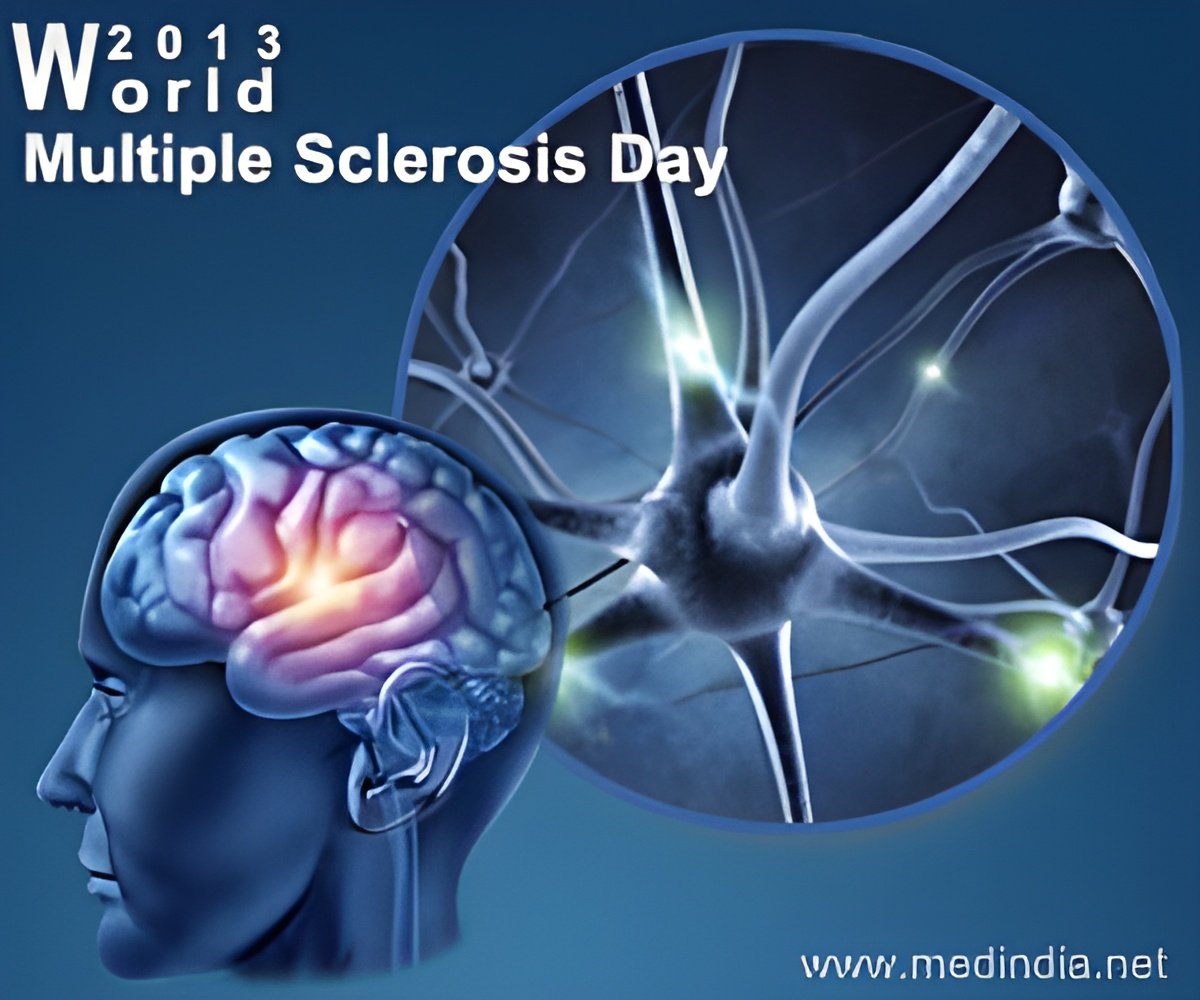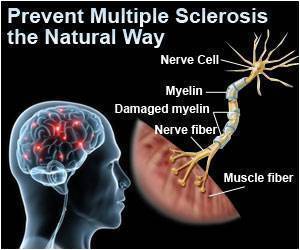On World Multiple Sclerosis Day (WMSD), celebrated on the 29th of May every year, a lot of effort is generated to create awareness about the debilitating disease.

The causes of MS are not clearly understood although there exists a popular school of thought that the condition is an autoimmune one; genetic factors have also been implicated. More recently, a cluster of genes on chromosome 6 are believed to play a role in bringing about this condition.
Some of the early symptoms of MS include tremors, fatigue, problems in vision and in thinking. Other symptoms include impaired coordination and balance, numbness, prickling sensations and muscle weakness. MS may result in complications in some individuals, which include muscle stiffness, paralysis and bladder and bowel incontinence. Patients with MS are highly prone to develop depression too.
The symptoms of MS are unpredictable and that makes its diagnosis difficult. Diagnosis of the disease is done with the help of imaging tests such as the MRI. It is important to recognize the early warning signs of MS and get treatment at the earliest.
The disease is likely to affect day-to-day life, interfere with eating, sleeping and working, and is also likely to trigger depression. It would be better for the MS individuals to continue to work as far as possible. In the event of being unable to cope, seeking help through counseling or a support group is a good option. This will help them to choose a career that is best suited for them and continue with their day-to-day life.
It is true that MS does not have a cure but it is possible to control the condition with early diagnosis, early treatment with the appropriate medications, physical therapy and stress management.













